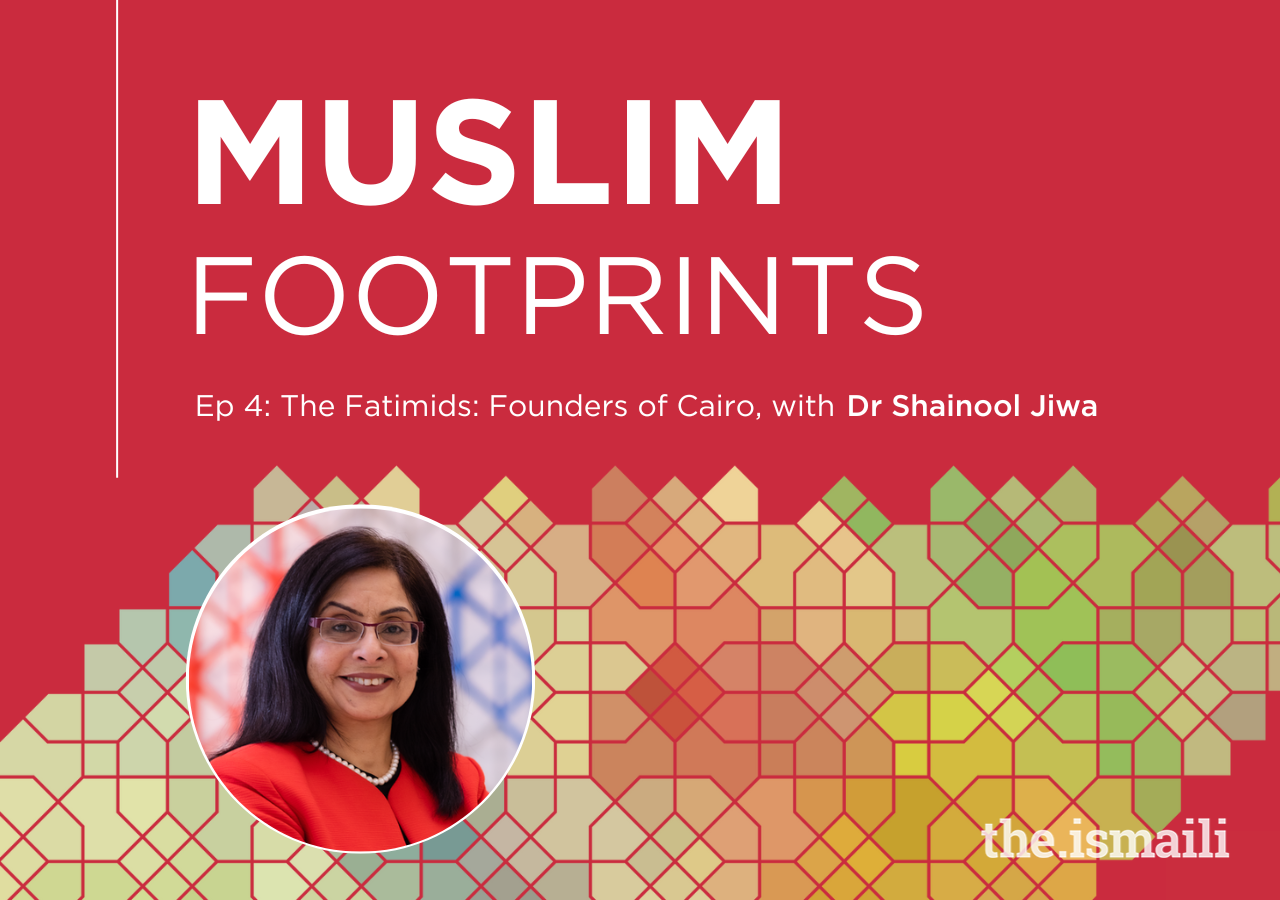The Fatimids were an Ismaili dynasty that reigned over a diverse religious and ethnic population for more than 200 years, emerging from the vibrant 10th century world of the Mediterranean. At its height, the Fatimid Empire stretched across the length of the southern Mediterranean and down the Red Sea coast – what we know as Algeria today all the way to the Levant, and along the west coast of Arabia – and included the holy cities of Mecca and Medina, as well as Jerusalem, Damascus, and even Sicily. The authority of its Imam-Caliphs was recognised as far as present-day Iran, Central Asia, Yemen, and India.
In the LaFontaine-Baldwin lecture in Toronto in 2010, Mawlana Hazar Imam described how the Fatimids embraced a pluralist ethic. He contrasts this with the nationalism that followed several centuries later.
“But even as Europe fragmented after the fall of Rome, another success story emerged in Egypt. I have a special interest in this story; it concerns my ancestors, the Fatimid Caliphs, who founded the city of Cairo 1000 years ago. They were themselves Shia in an overwhelmingly dominant Sunni culture, and for nearly two centuries they led a strong pluralistic society, welcoming a variety of Islamic interpretations as well as people of Christian, Jewish and other backgrounds.
Similarly, on the Iberian Peninsula between the 8th and 16th centuries, Muslim, Christian and Jewish cultures interacted creatively in what was known as al-Andalus. Remarkably, it lasted for most of seven centuries – a longer period than the time that has since passed.
The fading of al-Andalus came as a new spirit of nationalism rose in Europe – propelled by what scholars have called a sense of “imagined community.” Where local and tribal loyalties once dominated, national identifications came to flourish.
As we know, these nationalist rivalries eventually exploded into world war. The post-war emergence of the European Union has been a response to that history, much as regional groupings from South East Asia, to Central Asia, from Latin America to Eastern Africa, have been testing the potential for pan-national cooperation.”
As Dr Jiwa explains in the episode, the story of how the dynasty came about is as remarkable as some of its achievements. And as partnerships between nations continue to be tested, the Fatimids offer plenty of food for thought for our current times.
Listen now to this episode, and subscribe to Muslim Footprints on your favourite podcast platform including Apple, Spotify, and Google.








